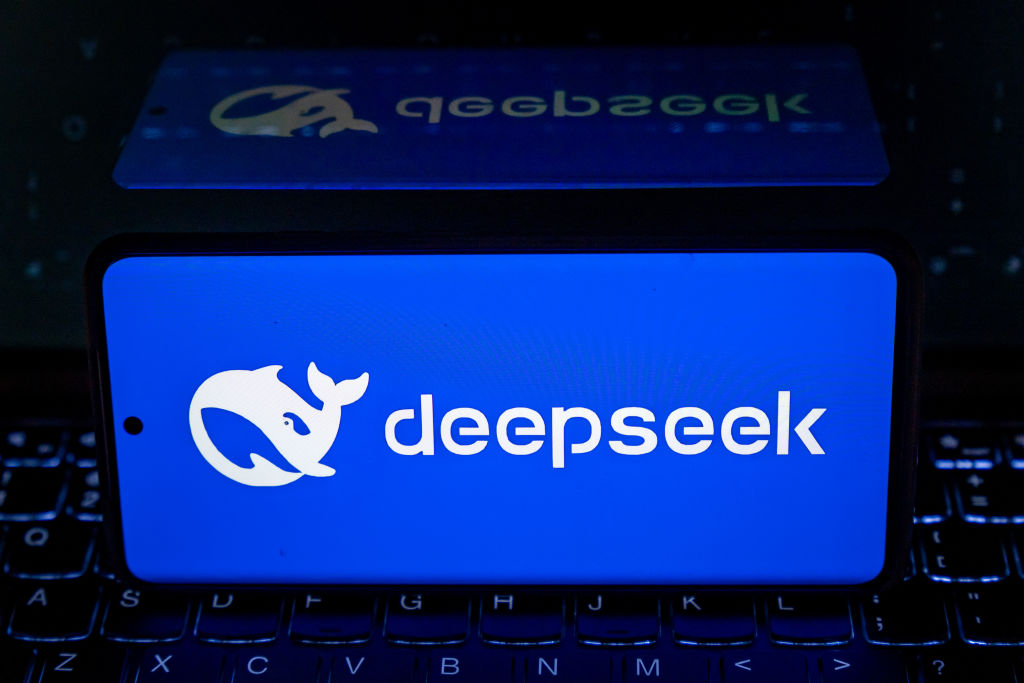DeepSeek Unveils the Intersection of AI in Latin America

The Rise of DeepSeek: Shaping Latin America’s AI Landscape
Introduction to DeepSeek
As the competition for leadership in artificial intelligence heats up between the U.S. and China, a new contender has emerged: DeepSeek. This Chinese AI chatbot has stirred interest across the globe, particularly in Latin America. Unlike major players like OpenAI’s GPT-4 or Google’s Gemini, DeepSeek has been developed at a significantly lower cost and requires less computing power. This shift has important implications for countries in Latin America that have traditionally struggled to access sophisticated AI technologies.
Opportunities for Latin America
DeepSeek presents a unique opportunity for Latin American nations, especially those facing budget constraints in their pursuit of technology. While it may not yet match the advanced features of its U.S. rivals, its affordability and efficiency provide an unprecedented chance for self-improvement. This advancement could help countries enhance their AI capabilities and reduce reliance on foreign tech giants.
Benefits of Local AI Development
- Empowerment of Local Economies: By creating tailored AI applications that meet specific regional needs, Latin American countries can diminish their dependency on international providers.
- Support for Under-Resourced Sectors: The chatbot’s capability to process languages such as Portuguese and Spanish makes it particularly beneficial for local development. It allows countries to utilize AI efficiently even with limited resources.
- Decentralization of AI: Instead of a monopolized AI landscape, DeepSeek indicates a move towards a more balanced ecosystem where developing nations can influence technology.
Current Innovations in Latin America
Latin America is not new to AI innovation. Various initiatives across the region are already leveraging AI to solve local issues. For instance:
- Brazil’s Fiocruz: This institution is developing AI solutions to enhance agricultural yields through precision farming.
- Argentina’s PROMETEA: An AI initiative focused on automating legal document processing to expedite judicial proceedings.
With DeepSeek’s efficiency, these existing efforts could be significantly boosted, and AI could help transform sectors such as healthcare by improving service delivery in rural areas.
The Risks Involved
While DeepSeek offers many advantages, it also brings potential risks that need careful consideration. It’s crucial for Latin American countries to assess the implications of relying on technology from foreign corporations.
Geopolitical Implications
DeepSeek is not merely a technological advancement; it is intertwined with geopolitical strategies. Supported by Chinese institutions, it aligns with China’s objective to broaden its AI influence in developing nations. This strategy includes creating tighter digital connections and reshaping global AI governance.
- Risk of Digital Dependency: Attracting AI funding can lead to a situation where nations become data providers for foreign agendas without benefiting their local populations.
- Cultural Representation in AI: If DeepSeek relies on datasets primarily sourced from China, the resulting AI models may not reflect Latin American culture and values. This could potentially result in technologies that do not address local needs.
Strategic Actions for Latin America
To effectively harness the potential of AI while minimizing risks, Latin America must take proactive steps:
- Invest in Local AI Capabilities: Public and private sector collaboration is essential for establishing investment funds that support AI initiatives tailored to local conditions.
- AI Training Programs: Expanding educational programs that focus on AI will help prepare a skilled workforce capable of driving innovation within their countries.
- Establish Regional Alliances: Collaborating through existing regional organizations can provide leverage in negotiations for better technology transfer agreements and access to fair AI practices.
By actively engaging in AI development, Latin American nations can avoid becoming mere consumers of foreign technologies. Instead, they can become leaders in their own right, controlling their data and technological futures while fostering local innovation.
Conclusion
The future of artificial intelligence in Latin America is poised for transformation, influenced by both opportunities and challenges. With proactive measures, the region can ensure that it is not only part of the global conversation on AI but is also creating technologies that meet its unique needs and aspirations.






